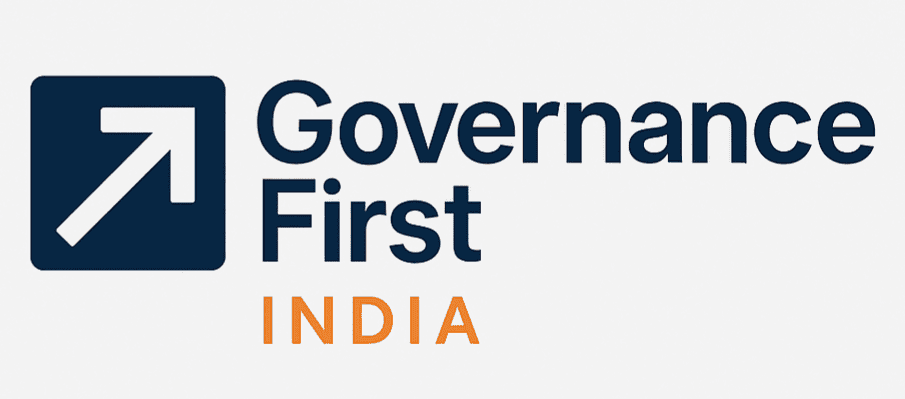Numerous examples of unplanned, unchecked Job Notifications leading to litigation is available. To avoid this, we are providing a checklist that Government Organizations governed by Public Recruitment rules can implement. Government job seekers often face the challenge of interpreting long and jargon-filled notifications.
This blog breaks down the key components of a standard government recruitment notification and explains them in simple terms, helping candidates stay informed and prepared. Organizational HRs are requested to ensure that all the points mentioned herein are covered at appropriate places in the notification. While some of these points go into the paper advertisement, the balance can go on the website.
List of all components that should be verified for availability:
Section | Component | Explanation |
About the Organization | Correct Organization Name & Logo | Ensure official name and logo are used consistently in the notification. |
Unique Advertisement Number | Helps track and reference the notification; usually displayed prominently. | |
About the Job | Accurate Job Title | Title should match the actual designation and level in the organization. |
Emoluments / Compensation | Includes pay scale, allowances, and total CTC details. | |
Career Path / Growth Prospects | Outlines probation, confirmation, and promotion ladders. | |
Category Wise Listing of Vacancies | Vacancy count for SC, ST, OBC, EWS, GEN, and other categories. | |
Detailed Eligibility Criteria | Specifies educational qualifications, age, and any specific requirements. | |
Process | Examination Schedule | Date, city, and venue details along with exam centre codes. |
Category Wise Application Fee | Different fee amounts for SC/ST/PWD vs. General/OBC candidates. | |
Payment Options and Procedures | Describes online and offline payment modes with detailed steps and helpline for failures. | |
Riders and Disclaimers | Mandatory legal and ethical notices (e.g., no solicitation, bribery alerts). | |
Pre Examination Training | Training info for SC/ST/minority candidates if applicable. | |
Number of Attempts per Category | Restricts the number of exam attempts per category. | |
How to Apply | Step-by-step application process, online form link, and submission guidance. | |
Key Dates | Registration, fee payment, exam date, result declaration, etc. | |
Citizenship Clause | Applicant must be an Indian citizen; legal requirement. | |
Cut-off Dates for Eligibility | Date as of which age and qualifications are calculated. | |
Relaxations for Reserved Categories | Includes age, fees, qualification, and attempt relaxations. | |
Category Code Listing | Code table for SC, ST, OBC, GEN, OH, VH etc., used in application forms. | |
Selection Procedure | Details of each stage (written, GD, interview), scoring, and final merit. | |
Contact Use | Contact Details | Email/phone for queries related to recruitment. |
Support & Integrity | Fraud Helpline | Helpline to report fraud or suspicious activity. |
RTI | Mention RTI compliance and procedure for information requests. |
Through these streamlined practices, government organizations can ensure that every public recruitment engagement is transparent and fair. It is always a great idea to also implement the maker checker principle in project monitoring, by inviting third party consultants such as one from GFI to be a part of the project configuration and monitoring team. This ensures that internal competencies are available within government organisations to place adequate checks and balances on service providers ensuring litigation free recruitment processes.
For more such explainers and job prep tips, stay tuned to GFI Blogs.


